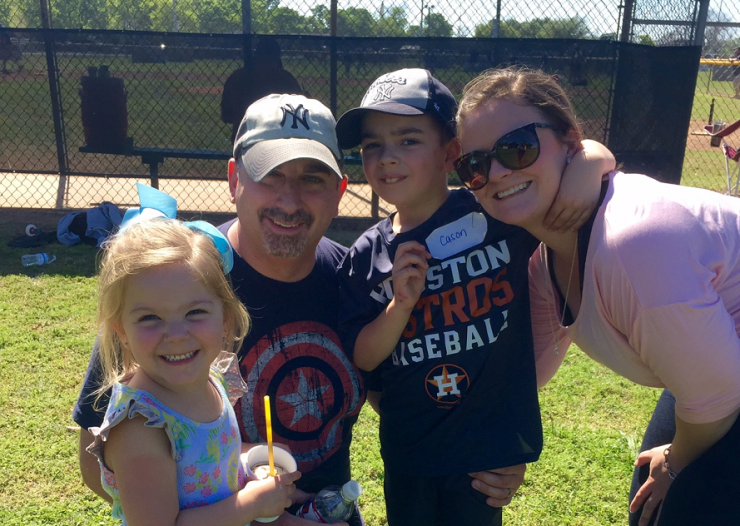Understanding Autism
 Credit
Credit
What is SPARK for Autism?
SPARK is an autism research study and a growing community of autistic individuals, their families, and researchers on a mission to advance the understanding of autism. SPARK’s mission is to improve the lives of people with autism by identifying the causes of autism and informing more effective therapies, treatments, services, and supports. Because without research, we are just guessing.
To understand the complexity of autism ─ what makes us the same and what makes us different ─ we need large numbers of people to participate. SPARK is open to all individuals living in the U.S. with a professional diagnosis of autism and their family members.
Who can join?
Are you the parent of a child with ASD? Join us! Are you a person with an autism diagnosis? We need you. There is no cost to you, and we keep your data private. Join now at SPARKforAutism.org/TexasChildrens or contact our study staff at ASDresearch@bcm.edu.
How do you participate?
- Create an account online.
- Consent to share your data.
- Invite family members.
- Give a saliva sample for DNA analysis.
- Complete surveys.
BCM and Texas Children’s Join the SPARK Study
Baylor College of Medicine (in affiliation with Texas Children’s Hospital) is partnered with SPARK through a grant from the Simons Foundation Autism Research Initiative (SFARI). We help to recruit and enroll participants in SPARK. If you choose to affiliate with us during registration, you can receive one-on-one support with a SPARK team member at Texas Children’s Hospital. They can help you with any issues that may arise during registration; help with saliva collection; and answer your questions.
How does SPARK connect you with other autism research studies?
SPARK Research Match is a service that matches qualified members of the SPARK community to autism research studies. It provides the opportunity to participate in studies led by researchers throughout the U.S. and internationally. A wide variety of researchers use Research Match to find potential participants who are willing to volunteer for their online or in person studies. Participants get the chance to be represented in research and hear about studies that are appropriate for them. And, we can all learn more about autism.
How does SPARK return genetic results to you?
Genetic changes are one of many causes of autism. If we find that a participant with autism has a genetic change in a gene or copy number variant (CNV) known to be associated with autism, we share those results with you as soon as we can, free of charge. Participants may decide if they want to hear about their results through their own medical provider or a SPARK-provided genetic counselor. At this time, we are finding genetic changes related to autism in about 10 percent of families enrolled in SPARK.

"We elected to participate in SPARK because it means we are contributing to something bigger – our journey as a family with an AUsome kiddo will continue, and I hope we can continue learning from other families, helping other families and sharing this journey together."
- Shannon, parent participating in SPARK








